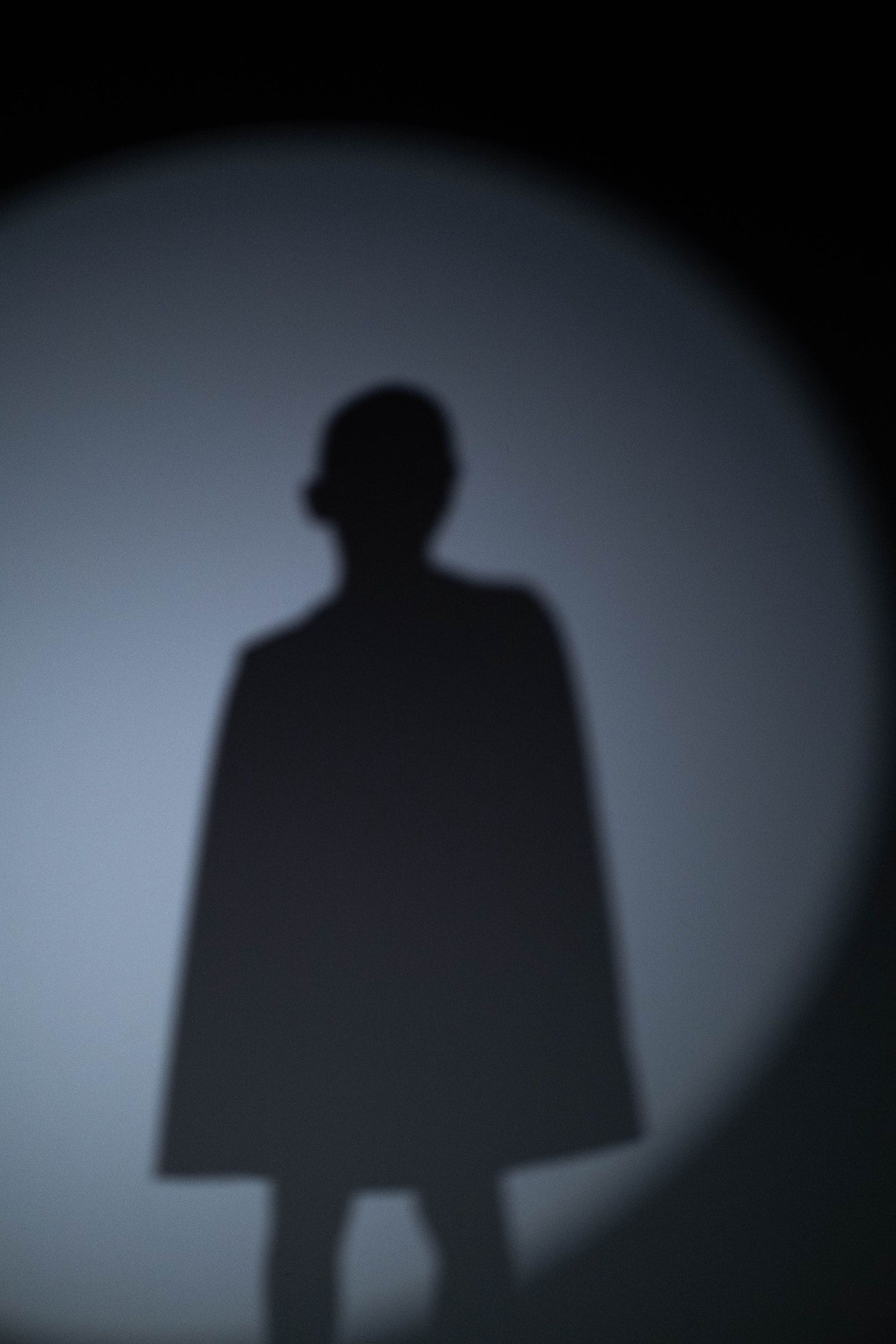
Shame to Superpower
As a writer, I think we hear at least 100 times a week from agents, managers, showrunners, and executives, “Write your own story.” When I first started film school, and I heard this advice from a showrunner that sat on a panel, I looked at her like a deer in headlights. Oh, my ever-loving goodness, I have to confront myself, AND put it on the page for the world to critique.
I doubted if I was suited to be a good writer, because I wasn’t sure if I was ready to be this vulnerable on the page. As a queer, black male, from Compton, California, living with multiple sclerosis, there was so much shame that stemmed from years of marginalization and rejection with which I hadn’t made peace. Is this what the industry professionals wanted me to confront and write about? Not to mention, being a preacher’s kid in the Pentecostal church, which came with its own dings against my identity. How would I get to the point where I could write my own story that hides behind dense walls of shame?
The danger of the shame I felt when looking in the mirror is that it caused a paralysis, hindering me from forward motion in every aspect of my life, not just writing. I didn't want to date because I was ashamed of being queer. I didn’t want to be deemed uneducated, which made me ashamed of being a black man from Compton. I didn’t want to be considered unable to function at full capacity, which made me ashamed of living with different abilities.
Shame was the shadow of a metal wall, blocking me from living. I say shadow because later you will see how shame creates this false illusion of being much more powerful than what it actually is.
My writing journey begins here—Jamil, confront your shame head-on so that you get to a place where you can write your narratives, which have the potential to shape and shift culture.
I’ve always been a fighter, so when given this challenge, I dove in head first with my first project, a feature script, Like Son, Like Father. Now, this was the first screenplay I had ever written, so I’m not mentioning this piece because it's Oscar worthy. But this feature was a collision course on confronting the woes of shame to get to a story that transforms my shame to my superpower.
Here I am, writing about the tumultuous relationship of a teenage gay boy fighting to connect with his father after the untimely death of his mother, who was his rock. Knock on wood, my mother is still with me, but I had lived a life under the cloak of shame as a queer man, and my relationship with my father was less than stellar. And my professor warned me, “Beware, life tends to align with the pieces that you are working on.”
Things started off great. I hopped into the flow with notecards, character bios, a treatment, and an outline. It felt like therapy. I jumped into the first act and was amazed at how liberating this process felt. Then, my life began to mirror my screenplay. My relationship with my father began to face new challenges that took me back to that bruised inner child. I was ready to run away from the project before it could see the light of day.
The thing is, I was writing this for my intermediate feature film course, so I had to finish the screenplay, even if I didn’t want to.
Week after week, I sat in office hours with my professor, sobbing. She looks at me and says, “Writing lesson number 1—your story is where your struggle is, so you have to keep going.”
My first thought—why run toward something that hurts? Then again, I had run away from this very thing all my life. Going into the hurt for the sake of story was me trying something new.
So I continued.
Needless to say, I finished the screenplay and shared it with colleagues, professors, friends, and most importantly, my father. The notes and reviews on the screenplay brought tears of joy to my eyes. The healing process with me and my father's relationship was set in motion. And I made the commitment I would no longer view my queer identity as a place of shame, but one to empower the world through storytelling.
Now, every story I tell, every job I apply to, every meeting I take, I connect it to the journey of going from shame to superpower. Owning my superpower has connected me to many people, and has been the catalyst for doors opening within the entertainment industry. Owning my superpower has made me unique and interesting as a storyteller, which has made people want to learn more about me and my work.
All people experience the debilitating nature of shame. But also, all people have a fighter within us to overcome that shame and see it as a place of superpower.
When I think of having to write my own story, I count it a privilege and an honor to construct family narratives that give visibility to fighters who are destined to overcome their own shame. I count a privilege to construct queer narratives that give voice to characters owning their full identity. I count it a privilege to construct narratives that give voice to characters owning the power of living with different abilities.
My story, in all of its complexities, is nothing to be ashamed about—it is what the world needs in order to empower all of humanity.
Yes, shame is universal. What is even more universal is our human capabilities and resilience of transforming that shame into superpower. What better way to do this than through storytelling?
*Feature photo by Cottonbro / Pexels

